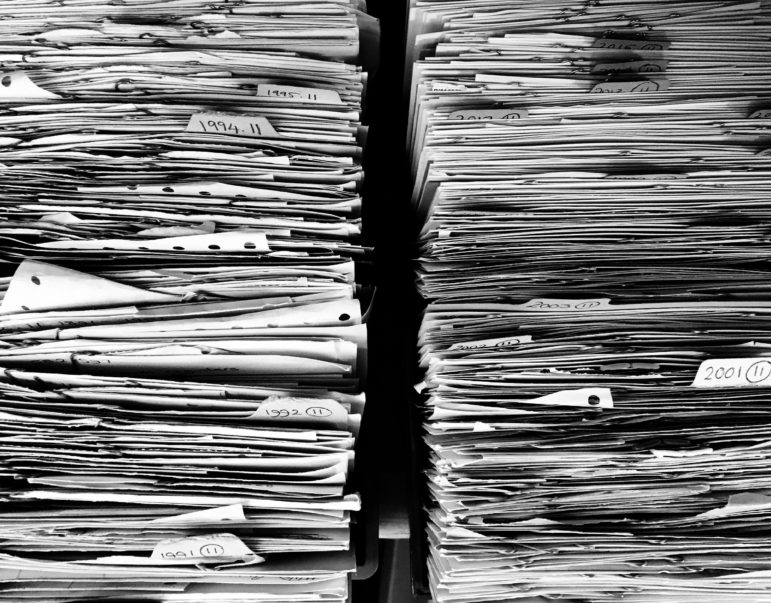
A good way to make friends in an editorial office is to say you once failed Algebra. You’ll soon be surrounded by people confessing: Me, too.
“Handling large amounts of data is often a challenge for journalists,” Malou Mangahas, executive director of the Philippine Center for Investigative Journalism, told a roomful of believers at the Uncovering Asia 2018 journalism conference in Seoul.
Out of fear or ignorance, many journalists leave the process of data analysis to companies, academics, and even government agencies, accepting their conclusions. But if you only use processed data, you might miss the real story.
In 2011, Japan was hit with a 9.9 magnitude earthquake, followed by a tsunami that damaged the Fukushima Daiichi nuclear power plant and triggered a meltdown of its reactors. “We know that the U.S. government ordered American citizens living in Japan to evacuate from Tokyo. Japanese government said they were overreacting,” said Yoichiro Tateiwa, executive director of the Japanese Center for Money and Politics. He analyzed radiation measurements from 2,200 sites across Japan, which were collected by the U.S. government, and discovered the official narrative was false. Tateiwa said the Japanese government kept the information from their citizens, risking the lives and health of millions.
In this case, the radiation data was publicly available on the U.S. Department of Energy website. But often, such valuable information is not published, not shared or gets lost in the jungle of data. Khairil Yusof, coordinator of the Sinar Project in Malaysia, said journalists should collaborate to fill some of these gaps. “Use open data standards whenever possible, so comparing different data sets becomes easier,” he said. The Sinar Project is now working on compiling a database of politically-exposed persons, to combat corruption in Malaysia. “It’s in the early stages, but we are already convincing others that our methods for using open data standards can work, even in countries where corruption is high and data hard to come by,” said Yusof.
Sometimes data can tell you as much, or more, as humans can. Just as with human sources, journalists have to ask the right things. “You have to interview your numbers,” Mangahas said. What happened to billions in aid money for disaster victims? Why are few citizens so wealthy, or many extremely poor in my country?
Stay persistent; as you dig deeper the data will reveal its secret.

Alexandra Jegers is a journalist from Germany who has completed the KAS multimedia program. She has studied economics in Germany and Spain and now writes for Handelsblatt, Capital and Wirtschaftswoche.
